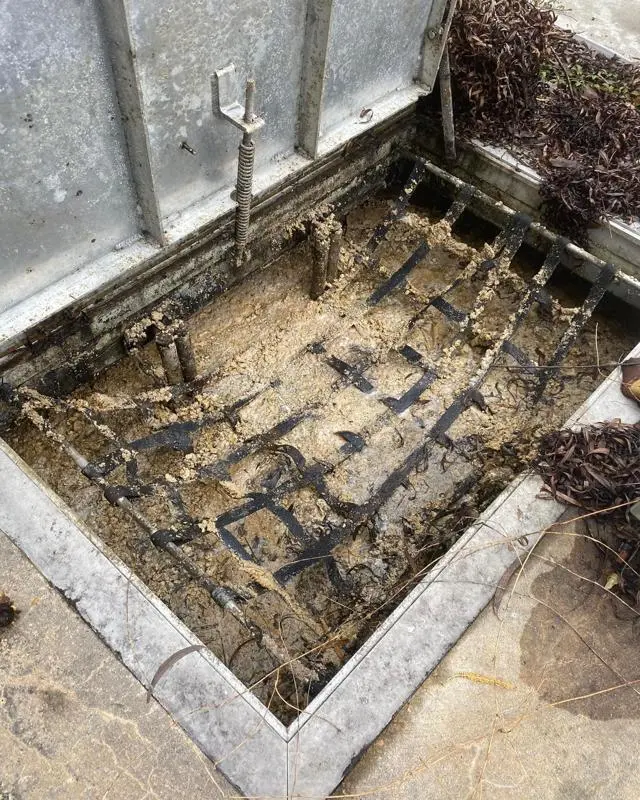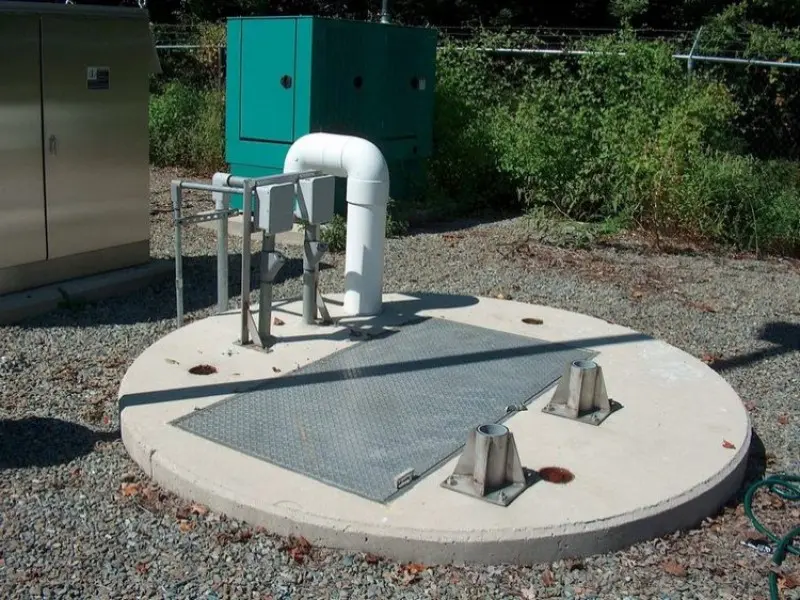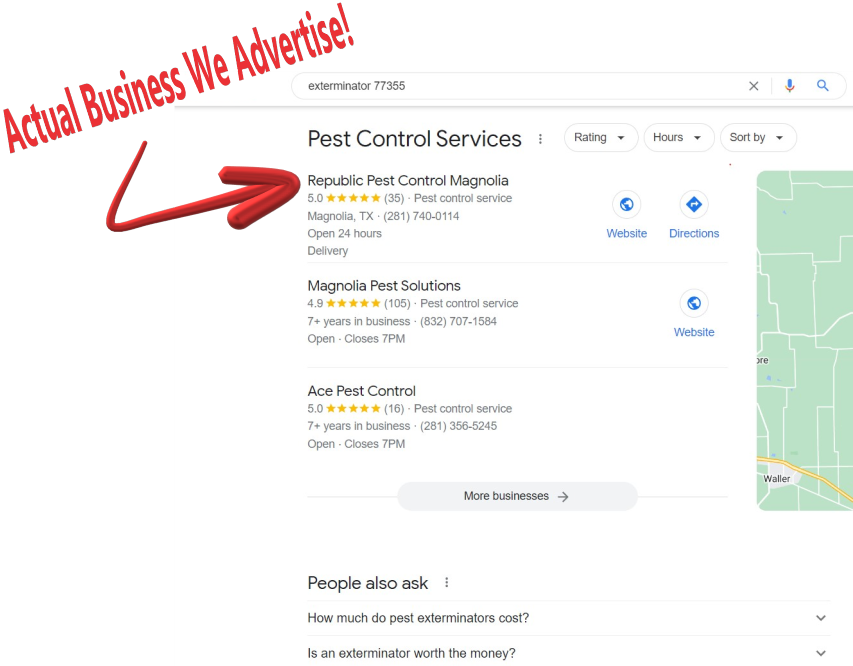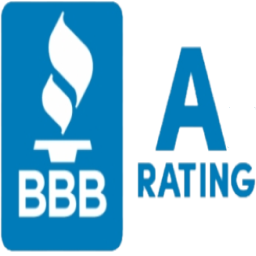At Strictly Septic, we pride ourselves on providing superior wastewater management services for lift stations, also known as pump stations. A lift station is a vital component in managing and transporting wastewater from lower to higher elevations, ensuring that your septic system operates smoothly and efficiently. In this article, we’ll delve into why choosing a lift station is crucial and how it works to maintain optimal wastewater management for both residential and commercial properties.
Why Choose a Lift Station?
1. Overcoming Elevation Challenges
One of the primary reasons to choose a lift station is its ability to overcome elevation challenges. In many areas, the natural topography may not support the gravity flow of wastewater to the main sewer line or treatment facility. A lift station effectively addresses this issue by pumping wastewater from lower elevations to higher ones, ensuring a seamless and continuous flow.
2. Cost-Effective Solution
Implementing a lift station can be more cost-effective than extensive excavation or regrading to achieve proper drainage. By using a lift station, you can avoid the high costs associated with altering the landscape to accommodate a gravity-fed system. This makes it an economical choice for both new installations and existing systems that require upgrades.
3. Versatility in Applications
Lift stations are incredibly versatile and can be utilized in various applications, from residential homes to large commercial buildings and municipal systems. Whether you’re managing a small property’s wastewater or handling the needs of a large community, a lift station provides a reliable solution to ensure efficient wastewater transport.
4. Environmental Protection
Proper wastewater management is essential for protecting the environment. Lift stations help prevent the overflow of wastewater, which can lead to contamination of local water sources and soil. By ensuring the efficient movement of wastewater to treatment facilities, lift stations play a crucial role in maintaining environmental integrity.
5. Enhanced System Reliability
A well-maintained lift station enhances the overall reliability of your septic system. It ensures that wastewater is consistently moved to the appropriate treatment or disposal site, reducing the risk of backups, overflows, and other issues that can disrupt your system’s functionality.
How Does a Lift Station Work?
1. Collection of Wastewater
The process begins with the collection of wastewater from homes, businesses, or municipal systems. Wastewater flows into a holding tank, also known as a wet well, which is a crucial component of the lift station.
2. Activation of Pumps
As the wastewater level in the wet well rises, it triggers the activation of the pumps. Lift stations are equipped with high-performance pumps designed to handle various volumes of wastewater. These pumps are strategically placed to ensure efficient and consistent operation.
3. Pumping Wastewater
Once activated, the pumps work to move the wastewater from the wet well to a higher elevation, directing it towards the main sewer line or treatment facility. The pumps operate based on pre-set levels, ensuring that wastewater is moved as needed without manual intervention.
4. Control System
A sophisticated control system manages the operation of the lift station. This system monitors the wastewater levels, controls the pump activation, and ensures that the entire process runs smoothly. Modern lift stations often include remote monitoring capabilities, allowing for real-time oversight and quick response to any issues.
5. Alarm and Redundancy Systems
To ensure reliability, lift stations are equipped with alarm and redundancy systems. In the event of a pump failure or other malfunction, an alarm system alerts maintenance personnel to address the issue promptly. Redundancy systems, such as backup pumps, ensure continuous operation even if one component fails.
Maintenance and Repairs

Regular Maintenance
Regular maintenance is essential to keep your lift station functioning optimally. Our extensive maintenance services include routine inspections, pump servicing, cleaning of the wet well, and testing of the control systems. By conducting regular maintenance, we help prevent potential issues and extend the lifespan of your lift station.
Timely Repairs
We understand the critical role lift stations play in your wastewater management system. Our expert team provides prompt and efficient lift station repairs to ensure your system operates seamlessly. We handle all types of issues, from pump failures and control system malfunctions to clogged lines and electrical problems. You can trust us to quickly diagnose and resolve any issues, minimizing downtime and preventing potential environmental hazards. Ensure the reliability of your lift station with our professional repair services.
Emergency Services
In addition to scheduled maintenance, we offer emergency services to address any unexpected problems that may arise. Our team is available 24/7 to provide prompt and effective solutions, ensuring that your lift station continues to operate smoothly.
Conclusion
Choosing a lift station is a smart decision for overcoming elevation challenges, providing a cost-effective solution, ensuring environmental protection, and enhancing the reliability of your septic system. At Strictly Septic, we are committed to delivering top-quality lift station maintenance and exceptional service to meet your wastewater management needs.
For more information about our lift station services, visit our Lift Station page. If you have any questions or need assistance, don’t hesitate to contact us. Our team is here to help you achieve efficient and reliable wastewater management.









































